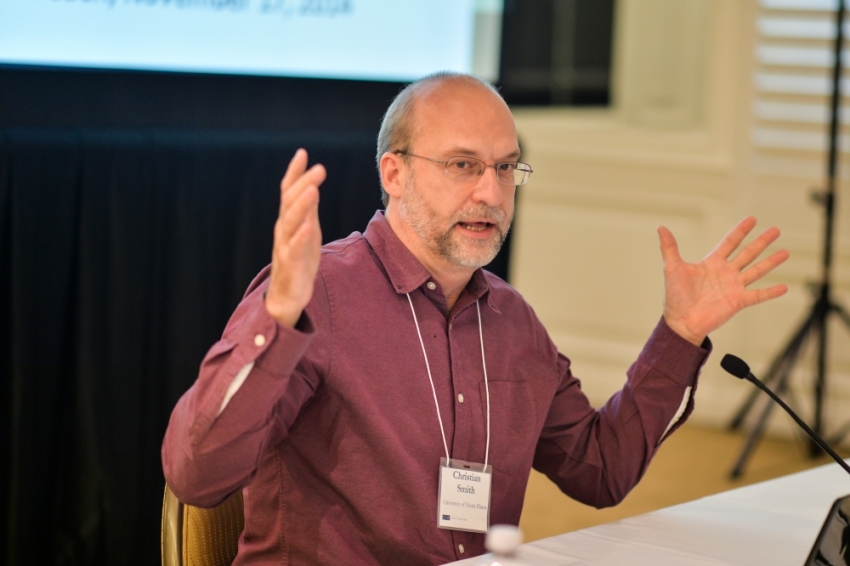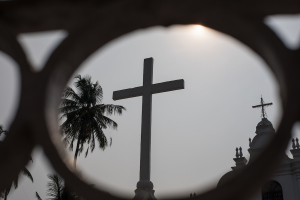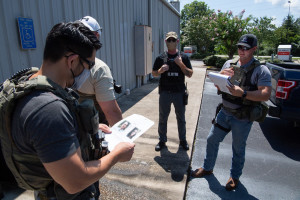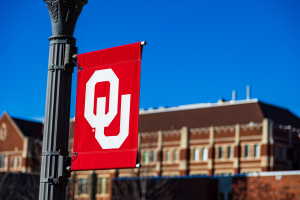Will Liberal Professors Wake Up to the Dangers of Their Anti-Conservative Hostility?

At a recent Faith Angle Forum, Smith made observations about social science departments similar to the authors of the report, but about religious conservatives in particular.
"People like being around people who are like them," he said. "There are processes of selecting out strange religious people out of academia, departments and so on."
The authors also cited the recent controversies in sociology over gay parenting studies. In arguing that psychologists avoid topics that do not comport with the liberal progress narrative, they wrote, "Even worse, some areas become walled off, and inquisitive researchers risk ostracism if they venture in," then cited an essay by Richard Redding about a controversial gay parenting study by University of Texas sociologist Mark Regnerus.
Regnerus' study found that children of parents who had experienced a same-sex sexual relationship had more negative outcomes on a range of measures than children whose parents had not experienced a same-sex sexual relationship. Since his findings did not fit the liberal progress narrative, Regnerus, his reviewers and the editor of the journal that published the study were harshly rebuked by many of their colleagues.
Redding, vice chancellor of graduate education and Wang-Fradkin professor of law and psychology at Chapman University, argued that the Regnerus controversy illustrated well the anti-conservative hostility found within sociology.
"No wonder there is so little research by academics that arguably supports conservative policy perspectives. When such research is published, the Regnerus controversy illustrates how it may be received. Critics used the liberal norms and privileges of their discipline to marginalize the Regnerus study. ... Scientists should go where the science takes them, not where their politics does. To attack a study based on the political incorrectness of its findings or its author's and funder's politics is scientifically irrelevant and ad hominem," he wrote.
Research published in a 2011 book by University of North Texas sociologist George Yancey, Compromising Scholarship: Religious and Political Bias in American Higher Education, found that professors in nine academic disciplines were mostly biased against Fundamentalists, followed by Evangelicals and Republicans. The social sciences and humanities were more biased than the hard sciences. Anthropology and English were the most biased.
In his most recent book, Yancey found that those who harbor anti-Christian hostility tend to hold influential positions, such as in higher education.
The changes these social scientists are calling for may already be underway.
Last August, University of Winnipeg professor of psychology Jeremy Frimer wrote about his personal evolution on the issue. While he used to agree with many of his colleagues that conservatives suffered from a disorder, "slavish obedience to authority and tradition," exposure to liberals outside the United States opened his mind to his own biases.
In his Faith Angle Forum talk, Smith noted that the lack of religious people in the social sciences is not as imbalanced as it was 30 years ago. And, this journalist often heard senior professors comment on the increasing number of conservatives in political science when he was in graduate school and worked in academia from 1999 to 2010.
Additionally, the psychology professors who authored the new report mentioned that there are "deep and productive discussions" about the dangers of anti-conservative hostility in their own field.



























